Refactor, Recharge, Repeat
You’re Great at Cleaning Up Code But Terrible at Cleaning Up Your Life It’s 7:58 PM. You swore you’d log off at 6. But that PR had a clunky abstraction, so you “just quickly” rewrote it. Then removed an unused import. Then spotted a flaky test. Then decided to rewrite the flaky test’s childhood trauma. Now you’re tired, hungry, and vaguely resentful. But hey - the code? Chef’s kiss. This isn’t discipline. It’s addiction. And you’re not refactoring the system anymore. You’re refactoring yourself into a husk. When Refactoring Is Just a Fancy Way to Burn Out You’ve absorbed a value system where stillness equals uselessness. If you're tweaking, you're useful. If you're not, you're slacking. But this is a cargo cult of productivity. It confuses motion with meaning. It rewards you for tightening screws while the house burns down. You wouldn’t keep a server at 100% CPU and call it healthy. So why are you doing it to your brain? Motion ≠ Meaning “I just like making things better.” Sure. But let’s be honest: you also like the dopamine hit from each micro-optimization. Tweak. Polish. Rename. Commit. Tiny fixes that feel like progress, but act more like senior-level fidget spinning. Stillness, on the other hand, makes you itchy. Because if you’re not improving something, who even are you? But the truth is: Momentum is easy. Insight takes silence. The “Just Real Quick” Death Spiral Every “real quick” fix is a little unpaid invoice against your future capacity. You think you're sneaking one in. What you’re actually doing is pouring espresso into a cracked cup and wondering why you're jittery and drained by 10am. You can’t build sustainable pace on impulsive heroics. Try asking yourself: Does this need doing now? Am I doing this for the system, or for the feeling? Would Future Me roll their eyes at this? Human Tech Debt: Now with Feelings You’d never let your codebase pile up with hacks and patches without a cleanup plan. But your brain? That’s fair game, apparently. Each time you override rest with productivity, you introduce bugs. They’re subtle: eroding judgment, shrinking patience, making you rewrite perfectly good code because “it didn’t feel right.” Eventually, you’re just bashing the keyboard, hoping meaning will emerge. Like an AI model hallucinating clarity. (See also: You Can’t Scale If You Touch Everything — especially if that “everything” includes your own emotional bandwidth.) Refactor You You know how to clean up a function: isolate concerns, remove side effects, rename for clarity. Now point those skills inward. Isolate your rest. Don’t make it conditional on finishing. Rest is fuel, not frosting. Remove side effects. Say no to the overflow work creeping into your evenings. Rename your boundaries. It’s not “slacking off.” It’s preventative maintenance. Recharge Like a Senior Being senior isn’t about logging off last. It’s knowing when not to log on in the first place. The best engineers unblock themselves first - From busywork, from ego loops, from the belief that more motion = more value. (See also: The Best Engineers Don’t Block – They Unblock for more on shifting from doer to enabler.) Even Cron Jobs Take Naps Every system needs slack. Every engineer needs a buffer. Not just to survive - but to see clearly, think sharply, and act wisely. So your new mantra? Refactor, recharge, repeat. But for the love of Git: Don’t optimize the recharge part away. Even the most elegant system needs to sleep.

You’re Great at Cleaning Up Code But Terrible at Cleaning Up Your Life
It’s 7:58 PM.
You swore you’d log off at 6.
But that PR had a clunky abstraction, so you “just quickly” rewrote it.
Then removed an unused import. Then spotted a flaky test. Then decided to rewrite the flaky test’s childhood trauma.
Now you’re tired, hungry, and vaguely resentful.
But hey - the code?
Chef’s kiss.
This isn’t discipline. It’s addiction.
And you’re not refactoring the system anymore. You’re refactoring yourself into a husk.
When Refactoring Is Just a Fancy Way to Burn Out
You’ve absorbed a value system where stillness equals uselessness. If you're tweaking, you're useful. If you're not, you're slacking.
But this is a cargo cult of productivity.
It confuses motion with meaning.
It rewards you for tightening screws while the house burns down.
You wouldn’t keep a server at 100% CPU and call it healthy.
So why are you doing it to your brain?
Motion ≠ Meaning
“I just like making things better.”
Sure. But let’s be honest: you also like the dopamine hit from each micro-optimization.
Tweak. Polish. Rename. Commit.
Tiny fixes that feel like progress, but act more like senior-level fidget spinning.
Stillness, on the other hand, makes you itchy. Because if you’re not improving something, who even are you?
But the truth is:
Momentum is easy. Insight takes silence.
The “Just Real Quick” Death Spiral
Every “real quick” fix is a little unpaid invoice against your future capacity.
You think you're sneaking one in. What you’re actually doing is pouring espresso into a cracked cup and wondering why you're jittery and drained by 10am.
You can’t build sustainable pace on impulsive heroics.
Try asking yourself:
- Does this need doing now?
- Am I doing this for the system, or for the feeling?
- Would Future Me roll their eyes at this?
Human Tech Debt: Now with Feelings
You’d never let your codebase pile up with hacks and patches without a cleanup plan.
But your brain? That’s fair game, apparently.
Each time you override rest with productivity, you introduce bugs.
They’re subtle: eroding judgment, shrinking patience, making you rewrite perfectly good code because “it didn’t feel right.”
Eventually, you’re just bashing the keyboard, hoping meaning will emerge.
Like an AI model hallucinating clarity.
(See also: You Can’t Scale If You Touch Everything — especially if that “everything” includes your own emotional bandwidth.)
Refactor You
You know how to clean up a function: isolate concerns, remove side effects, rename for clarity.
Now point those skills inward.
- Isolate your rest. Don’t make it conditional on finishing. Rest is fuel, not frosting.
- Remove side effects. Say no to the overflow work creeping into your evenings.
- Rename your boundaries. It’s not “slacking off.” It’s preventative maintenance.
Recharge Like a Senior
Being senior isn’t about logging off last.
It’s knowing when not to log on in the first place.
The best engineers unblock themselves first - From busywork, from ego loops, from the belief that more motion = more value.
(See also: The Best Engineers Don’t Block – They Unblock for more on shifting from doer to enabler.)
Even Cron Jobs Take Naps
Every system needs slack. Every engineer needs a buffer.
Not just to survive - but to see clearly, think sharply, and act wisely.
So your new mantra?
Refactor, recharge, repeat.
But for the love of Git:
Don’t optimize the recharge part away.
Even the most elegant system needs to sleep.



























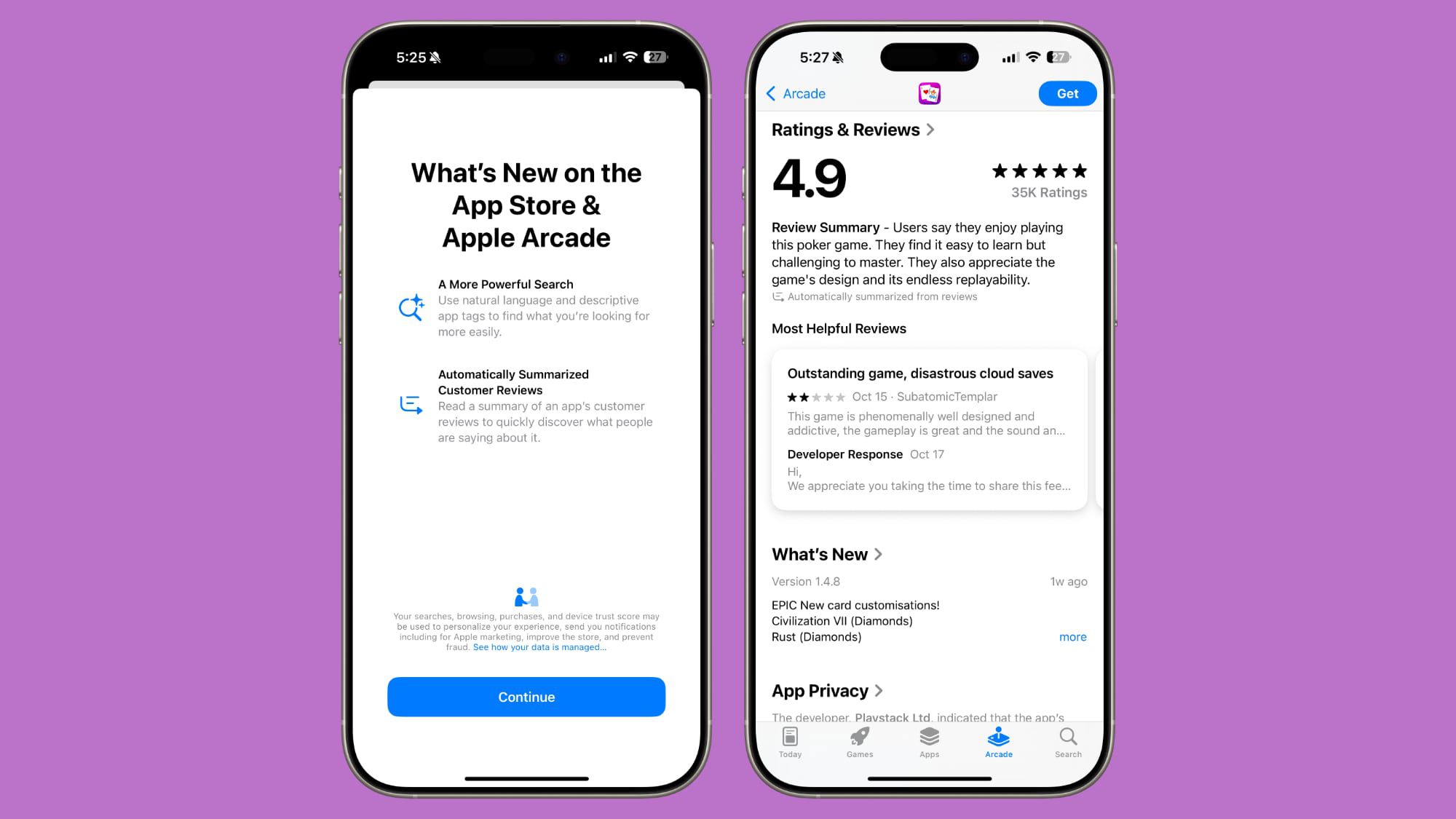








































![Apple to Shift Robotics Unit From AI Division to Hardware Engineering [Report]](https://www.iclarified.com/images/news/97128/97128/97128-640.jpg)
![Apple Shares New Ad for iPhone 16: 'Trust Issues' [Video]](https://www.iclarified.com/images/news/97125/97125/97125-640.jpg)


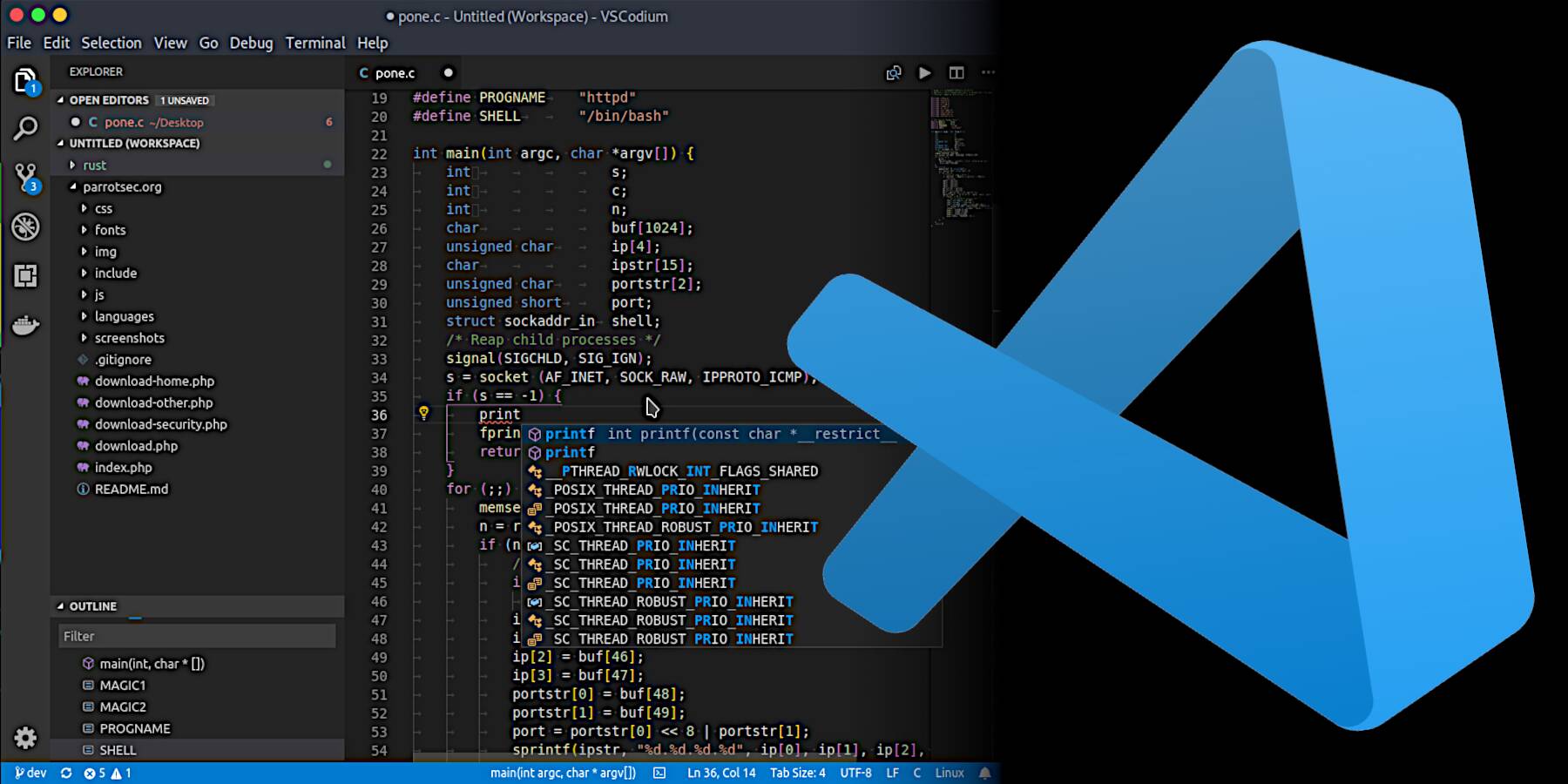












![Hands-on: Motorola’s new trio of Razr phones are beautiful, if familiar vessels for AI [Gallery]](https://i0.wp.com/9to5google.com/wp-content/uploads/sites/4/2025/04/motorola-razr-2025-family-9.jpg?resize=1200%2C628&quality=82&strip=all&ssl=1)
![The big yearly Android upgrade doesn’t matter all that much now [Video]](https://i0.wp.com/9to5google.com/wp-content/uploads/sites/4/2025/04/Android-versions-1.jpg?resize=1200%2C628&quality=82&strip=all&ssl=1)














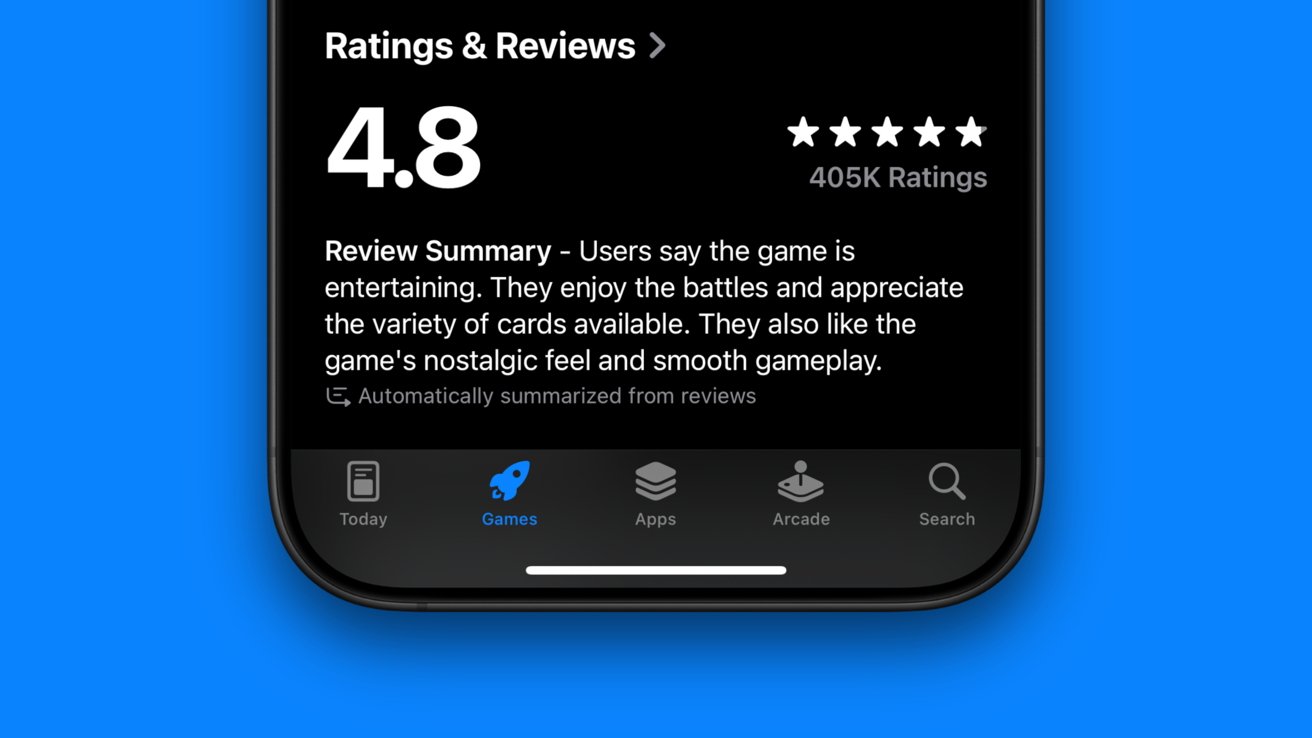
























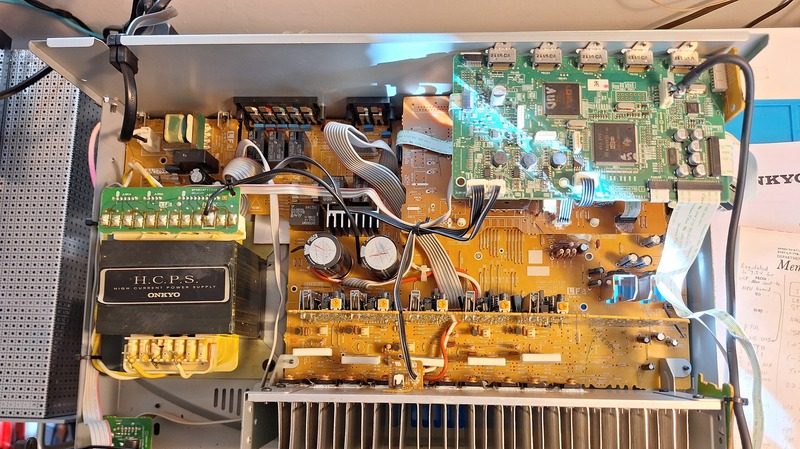


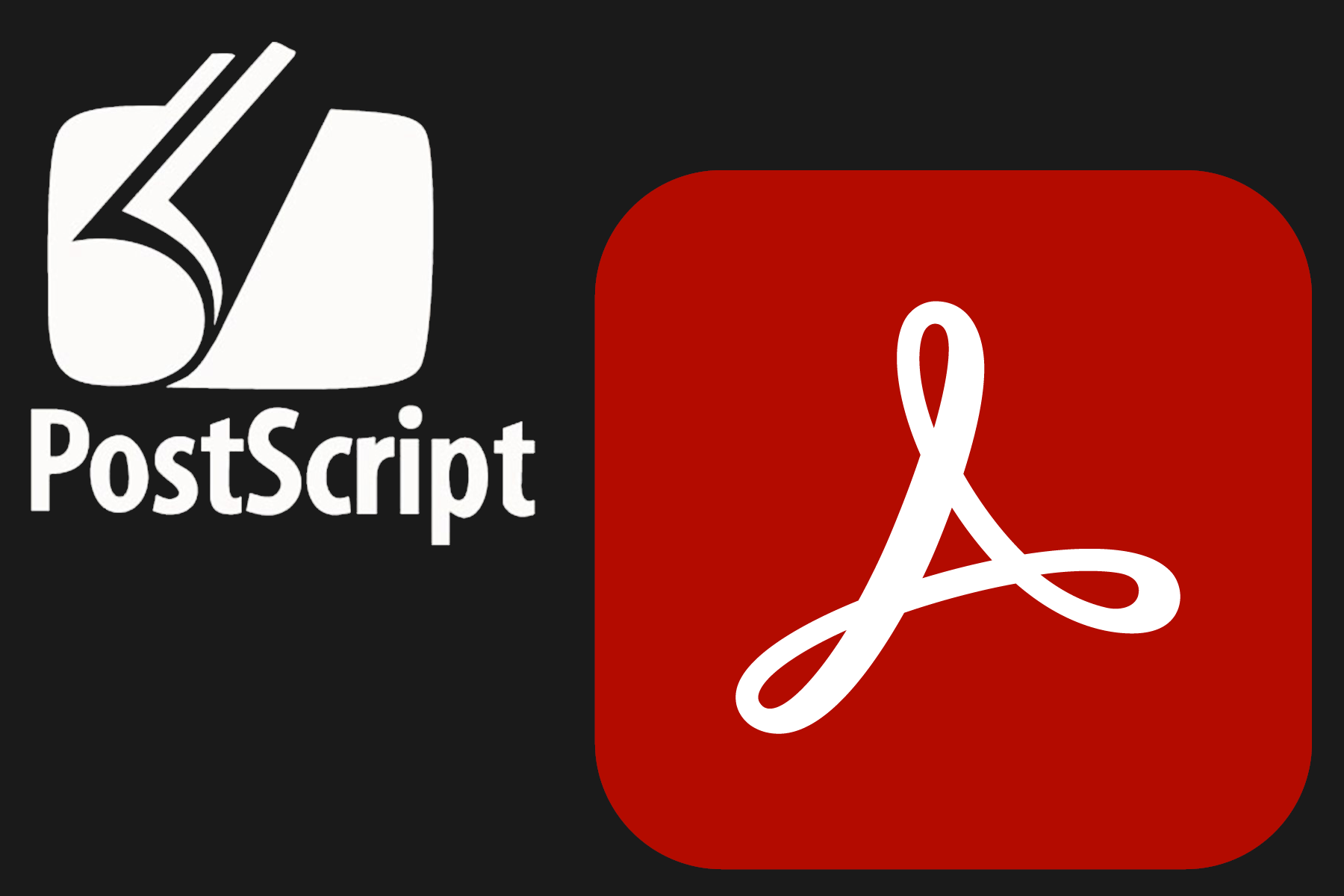


















































_NicoElNino_Alamy.png?width=1280&auto=webp&quality=80&disable=upscale#)




















































































![[The AI Show Episode 144]: ChatGPT’s New Memory, Shopify CEO’s Leaked “AI First” Memo, Google Cloud Next Releases, o3 and o4-mini Coming Soon & Llama 4’s Rocky Launch](https://www.marketingaiinstitute.com/hubfs/ep%20144%20cover.png)






























































































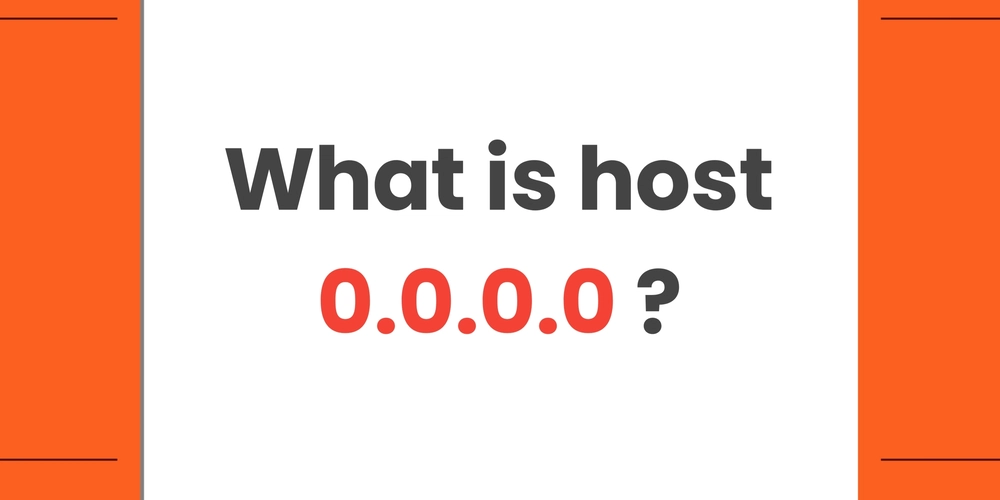
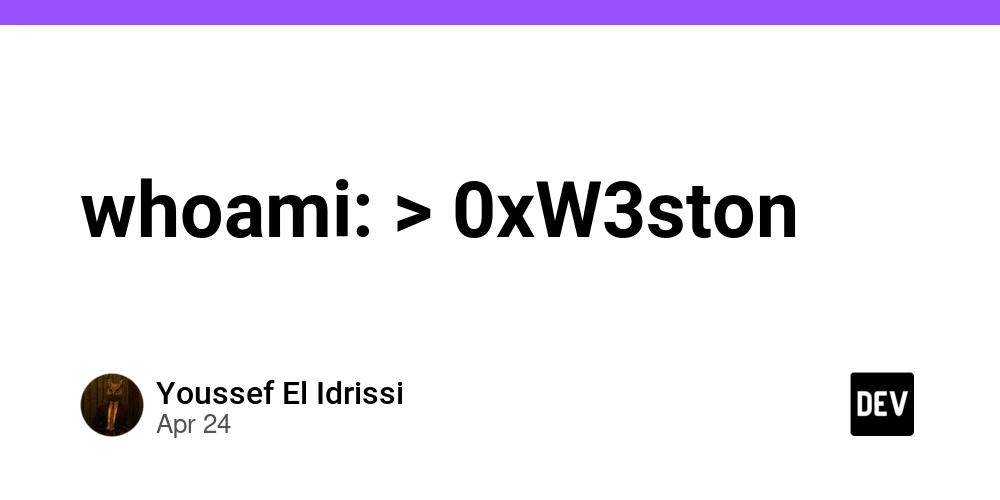

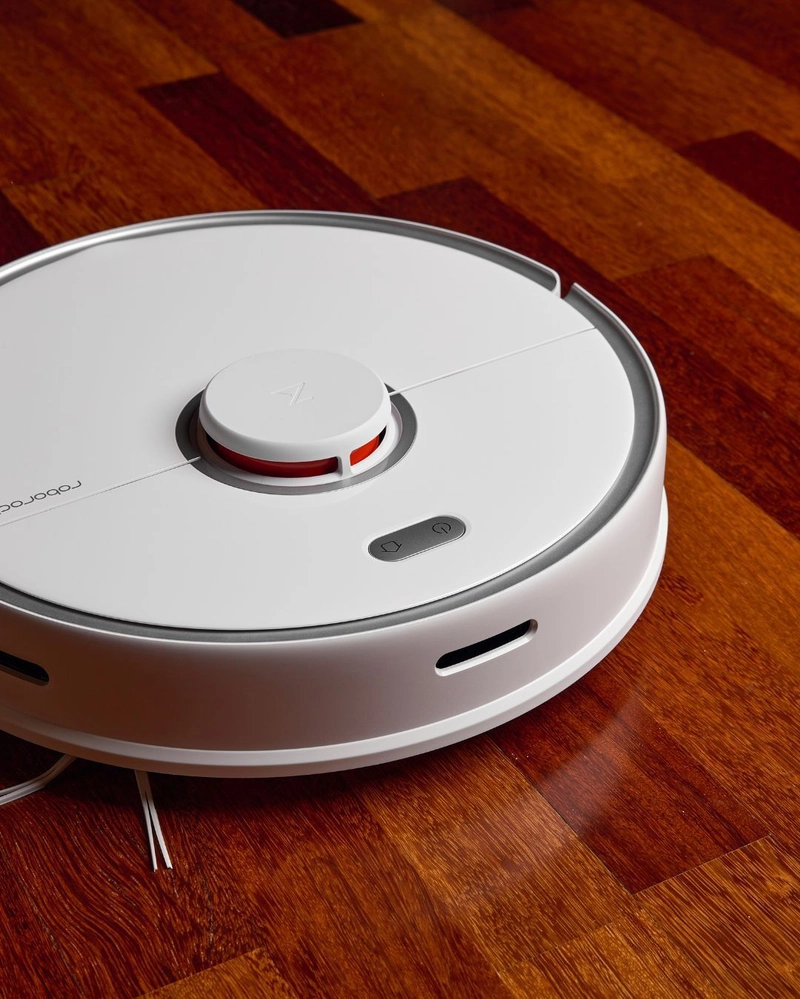


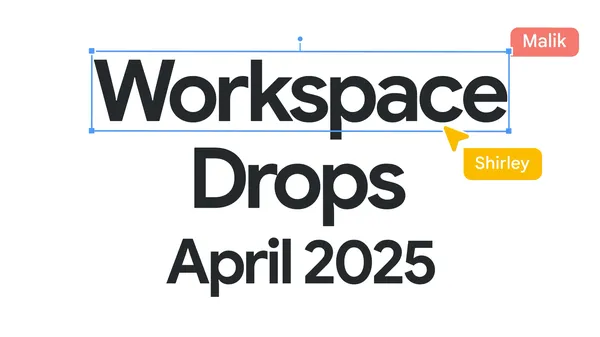










































![[DEALS] Sterling Stock Picker: Lifetime Subscription (85% off) & Other Deals Up To 98% Off – Offers End Soon!](https://www.javacodegeeks.com/wp-content/uploads/2012/12/jcg-logo.jpg)
































.jpg?#)




























































